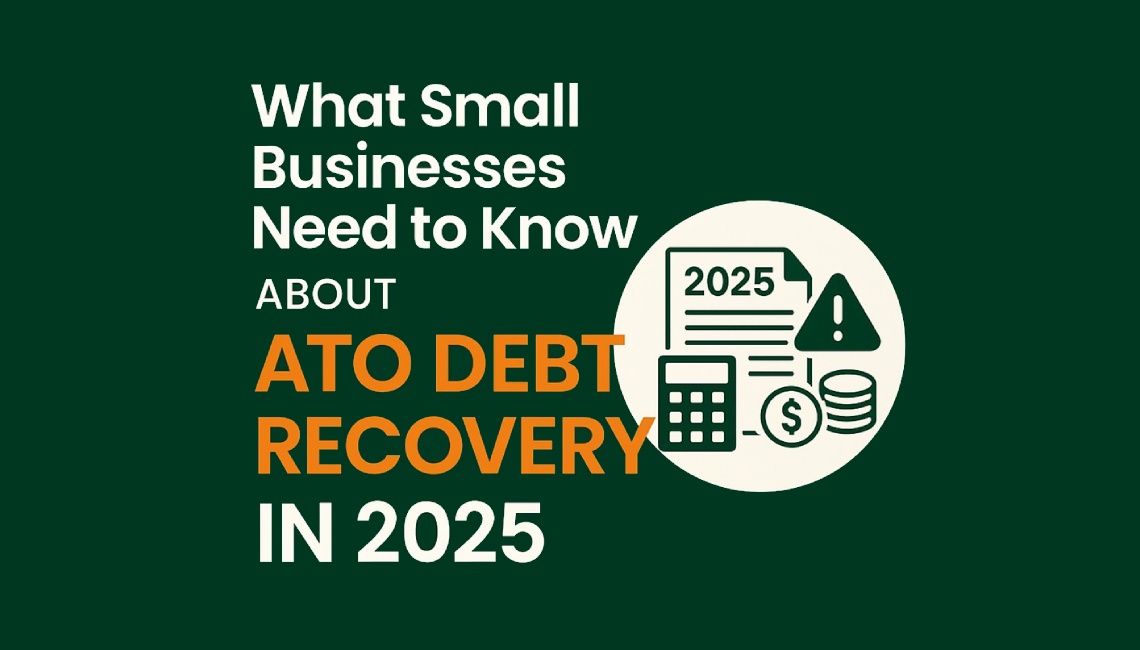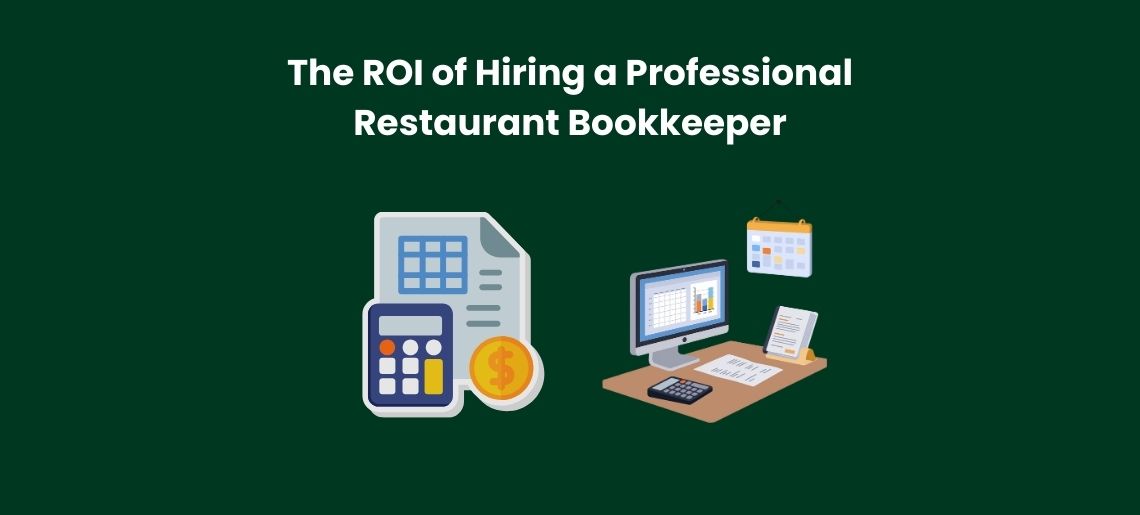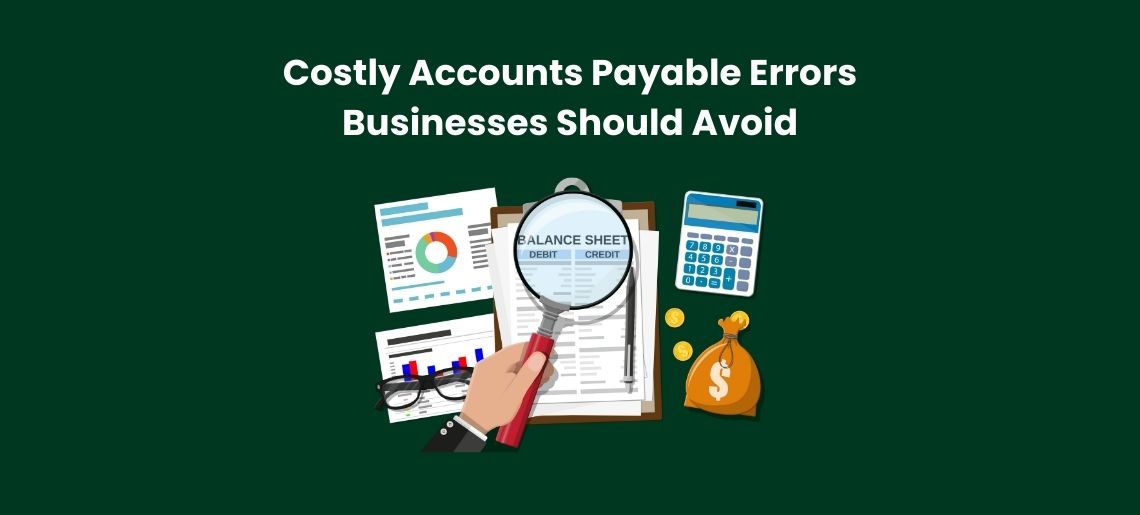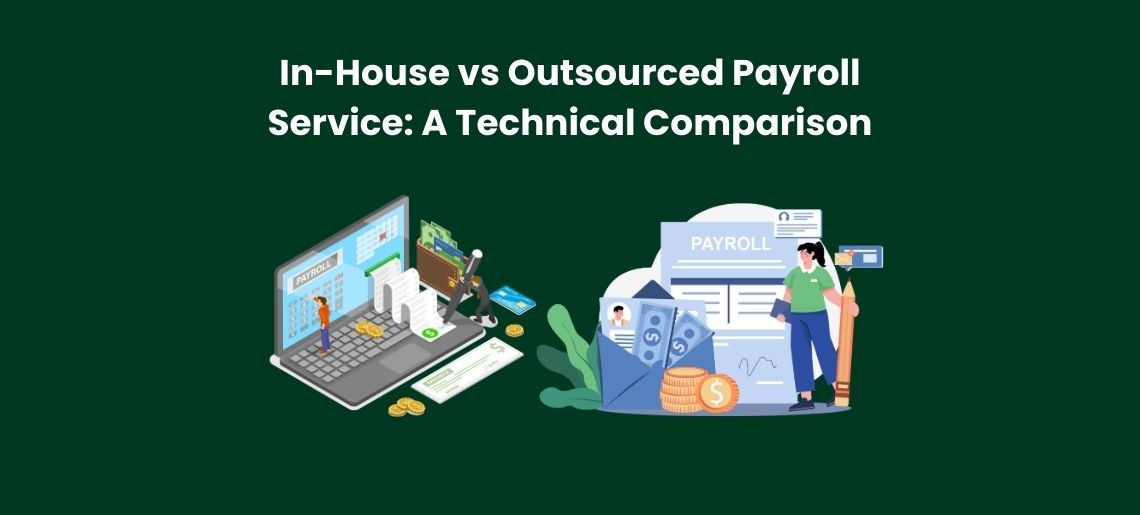
Running a small business means handling a lot of moving parts, and keeping your finances in order is one of the most important ones. In 2025, many business owners are seeing the ATO become more active in following up on overdue balances, especially after the quiet years during the pandemic. This can create stress for those who’ve fallen behind, but it’s something that can be managed with the right support.
In this guide, we’ll explain how ATO debt recovery works, why it happens, and what steps you can take to keep your business on track. With clear records, regular reporting, and good financial planning, you can stay organised, avoid pressure, and focus on keeping your business strong and growing.
Why ATO Debt Recovery Matters For Small Businesses
Small businesses keep our economy moving, but many operate with limited cash flow. When payments to the ATO fall behind, even small delays can create added pressure. In 2025, the ATO will become more active in following up on outstanding balances, which means unpaid amounts can grow faster than expected.
If ignored, these debts can lead to serious outcomes such as:
- Legal notices or court action from the ATO itself
- Director Penalty Notices (DPNs) make owners personally liable
- Garnishee orders placed directly on business bank accounts
- Credit reports showing unpaid debts lower the business’s reputation
Understanding these risks helps you take early action. With good record-keeping, regular reviews, and timely lodgements, you can stay ahead and protect your business from unnecessary stress.
1. ATO Is Back In Full Collection Mode
During the COVID period, the ATO slowed its collection process to give businesses some breathing space. Now that those years have passed, the ATO is fully active again and focusing strongly on recovering outstanding balances. In 2025, it continues to follow up more regularly, monitor overdue accounts, and take action faster when payments fall behind. This makes it important for small businesses to stay organised and communicate early if payments become difficult.
How the ATO Recovers Debt
The ATO uses several strategies to recover unpaid business debts:
- Director Penalty Notices (DPNs): These notices make company directors personally responsible for unpaid PAYG or super amounts. Ignoring a DPN can create personal financial risk and make recovery harder later.
- Garnishee Notices: The ATO can request funds directly from a business bank account to recover unpaid balances. This usually happens after reminders have been sent and no action is taken.
- Legal Action: If the debt remains unpaid for a long time, the ATO may take the matter to court or begin winding-up steps. This can affect the business’s ability to continue trading.
- Credit Reporting: The ATO can report overdue amounts to credit agencies, which can lower a business’s credit score and make it harder to get finance or supplier credit.
Tip: Contacting the ATO early shows that you’re willing to resolve the matter. Open communication can help you avoid stronger actions and keep your business in control.
2. Common Triggers For ATO Action
Certain actions or missed lodgements can prompt ATO follow-ups. Knowing these triggers helps businesses act early and avoid costly enforcement.
2.1 Late or Missed BAS and PAYG Lodgements
The ATO closely monitors Business Activity Statements (BAS) and Pay As You Go (PAYG) obligations. Missing deadlines—even by a few days—can trigger penalties and interest.
2.2 Unpaid Superannuation Guarantee (SG) Contributions
Superannuation is not optional. Failing to pay SG contributions can result in Director Penalty Notices, making directors personally liable for both the debt and interest charges.
2.3 Failure to Engage With the ATO
Ignoring ATO communications is a fast track to enforcement. Even small debts can escalate if you fail to respond or engage. The ATO often takes stronger action against businesses that don’t respond or engage. Staying proactive and replying early shows cooperation — and communication is key.
Pro Tip: Document all correspondence with the ATO. Keeping records can help if disputes arise or if you need to negotiate repayment plans.
3. Payment Plans Are Becoming Stricter
Previously, businesses could access flexible, interest-free arrangements. In 2025, payment plans will have tighter rules.
3.1 Shorter Repayment Terms
Most payment plans now have 6–12 month repayment periods. Longer-term arrangements are rare and usually require detailed financial justification.
3.2 Higher Upfront Payments
Businesses must now commit to larger initial instalments, demonstrating the ability to make consistent payments.
3.3 Interest Applies Unless Remitted
Interest usually builds up on unpaid amounts, making what you owe higher over time. The ATO may waive interest only in exceptional cases.
3.4 Immediate Recovery for Non-Compliance
Failing to adhere to an agreed plan can trigger immediate enforcement actions, including garnishee notices or legal proceedings.
Tip: Conduct realistic cash flow forecasting before negotiating a payment plan. If necessary, seek professional help from an accountant experienced in ATO negotiations.
4. Interest on ATO Debt Is No Longer Deductible
From 1 July 2025, general interest charges (GIC) on outstanding business debts will become non-deductible. This shift increases the real cost of carrying ATO debt, making timely repayment or financial planning more important than ever.
For example, a business with $50,000 in outstanding ATO debt may end up paying an effective interest rate exceeding 14%, making it more expensive than most commercial loans.
Implication: Businesses can no longer offset interest charges against income, making proactive repayment or financing even more important.
5. Steps Small Businesses Can Take To Protect Themselves
Avoiding financial stress starts with being proactive. Here are practical strategies:
5.1 Stay Lodgement Compliant
Even if you cannot pay in full, ensure all BAS, PAYG, and SG lodgements are submitted on time. Being up-to-date demonstrates compliance and can reduce enforcement pressure.
5.2 Engage Early With the ATO
Contact the ATO as soon as possible if you face difficulties. Discuss repayment options and provide realistic proposals. Early engagement shows good faith.
5.3 Review Cash Flow Forecasts
Assess your business’s ability to repay debts. Accurate cash flow forecasts allow you to negotiate achievable repayment plans and avoid overcommitting.
5.4 Consider Private Finance or Restructuring
If debt is unmanageable, explore private loans or restructuring options. Sometimes exploring alternative finance options can help lower interest costs and ease short-term pressure, giving your business more room to recover.
5.5 Work With an Experienced Accountant
An accountant familiar with ATO procedures can help:
- Communicate effectively with the ATO
- Negotiate repayment plans
- Minimise penalties and interest
- Protect directors from personal liability
6. Additional Tips For Smart ATO Debt Management
Proactive debt management helps businesses stay in control:
- Keep Accurate Financial Records: Detailed records make it easier to justify repayment proposals and track compliance.
- Monitor Debt Interest: Check interest accrual regularly to prevent surprises.
- Seek Professional Guidance: If managing several business debts feels overwhelming, getting expert advice can help you organise payments clearly and ease financial stress.
- Use Technology: Accounting software can automate lodgements, track payments, and provide alerts for upcoming obligations.
7. Avoiding Common Mistakes
Many small business owners inadvertently make mistakes that trigger enforcement:
- Ignoring letters or emails from the ATO – Silence can escalate enforcement.
- Assuming small debts are harmless – Even minor amounts can lead to garnishee notices.
- Failing to seek professional advice – DIY approaches often lead to miscommunication or missed opportunities to reduce penalties.
Pro Tip: Treat all ATO communication seriously, and respond promptly with accurate information.
Final Thoughts
In 2025, the ATO is more active than ever in recovering outstanding business debts. Small businesses that stay proactive, compliant, and organised are far better positioned to manage their obligations and avoid unnecessary stress. Seeking professional guidance early can make all the difference in protecting your business and its financial future.
At Elite Plus Accounting, we help small businesses stay compliant, communicate effectively with the ATO, and find practical repayment solutions that work. Our experienced team provides clarity, support, and peace of mind every step of the way. Reach out to us at info@eliteplusaccounting.com.au or call 1300 744 733 to get started today.








